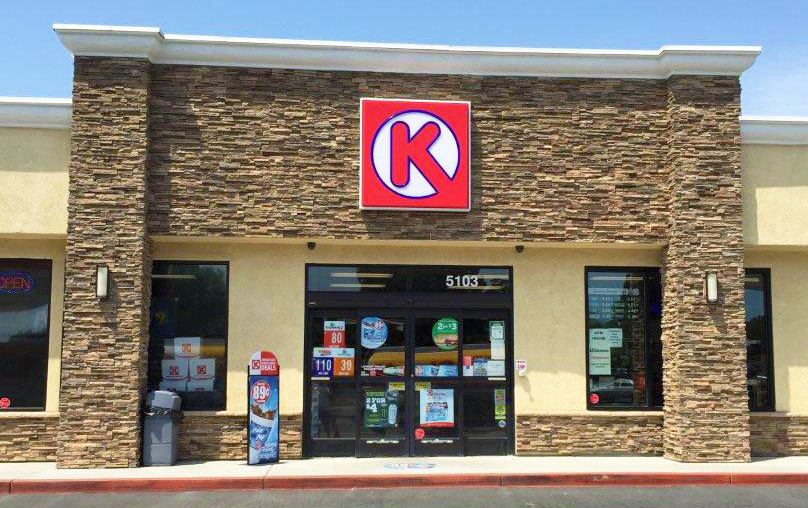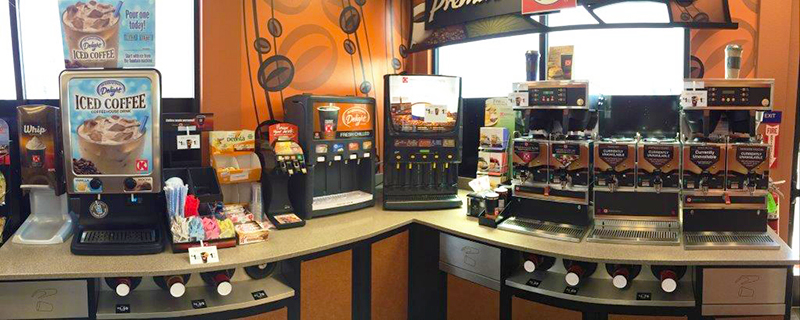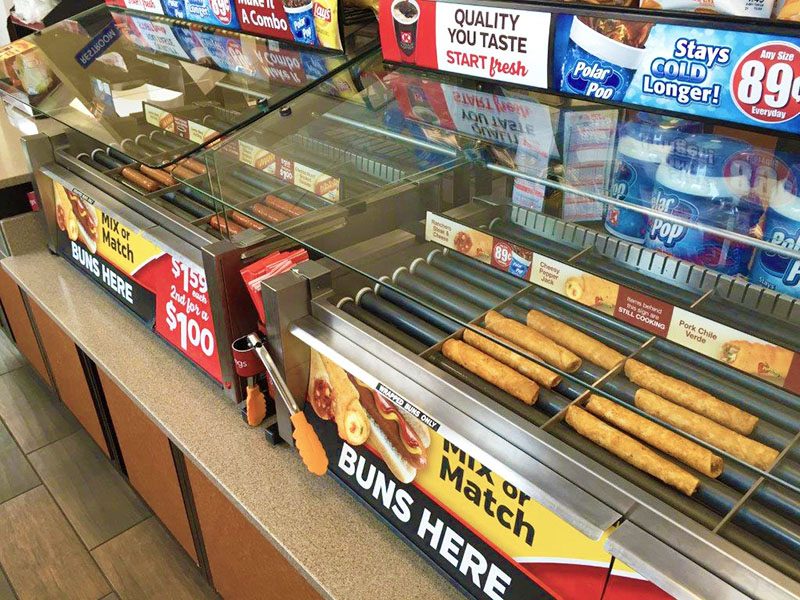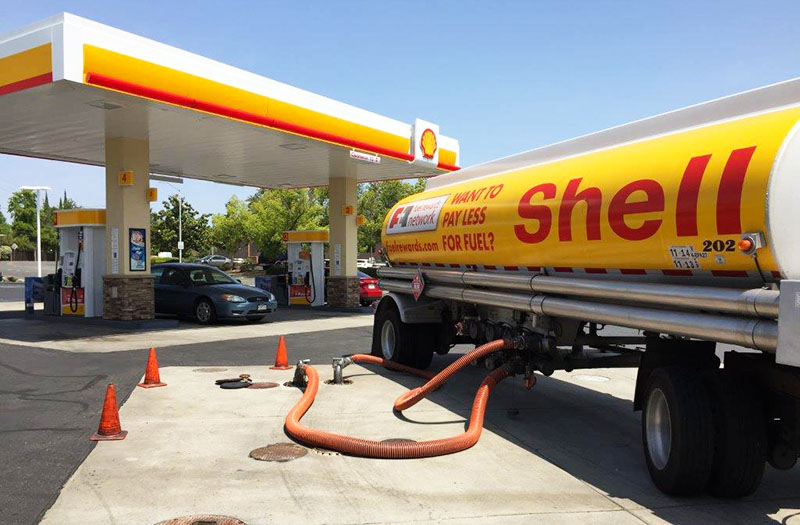SSCS Customer Success Story: Tooley Oil Company (Part 1)
Only the Adaptive Survive (Part 1)
From its start in 1978, Sacramento, California-based Tooley Oil Company has continually evolved to adapt to a consistently reinvented industry.
The old bromide, “only the strong survive,” is attributed time and again to naturalist Charles Darwin, but what he actually wrote is far different:
“…it is not the most intellectual of the species that survives; it is not the strongest that survives; but the species that survives is the one that is able best to adapt and adjust to the changing environment in which it finds itself.”
Those who work in the C-store industry know the role adaptation plays in survival as well as anyone, and Tooley Oil Company is the rule, not the exception. Mick Tooley started the business in 1978 when automotive service was king and oil companies partnered closely with their branded stations, contributing to their success by sharing expertise and providing logistical support. In those days, applied computerization was little more than a glimmer in the minds of a handful of industry visionaries.
How times have changed. Automotive service is performed by specialty shops that don’t pump gasoline. Soda coolers and dusty shelves scattered with gum and candy have been replaced by palatial C-stores that compete for consumer dining dollars with quick service and fast casual restaurants. And technology…well, it’s become every bit the integral part of the business that fuel is.
Tooley Oil Company has managed to thrive through every dynamic, unpredictable market shift. Like many retail petroleum dealers, it is a family business, passed down and shared between generations. Mick Tooley’s son, David—who shares the duties of vice president with his brother, Michael—grew up working and managing in the stores during summertime when the full-time managers went on vacation. After graduating from college, neither he nor his brother immediately went to work for the company. Dave worked for Capital Beverage Company; Michael worked for Hilton Hotels.
“My father wanted us to get some perspective outside the business before we went to work for him,” Dave recounts. “It helped us get a fresh and flexible outlook on what it takes to be successful in business beyond the scope of the retail petroleum industry.”
Just because Tooley Oil is rooted in family, however, doesn’t make it a charming little throwback to a simpler time. As the Tooleys will be the first to tell you, traditional business values and progressive thinking are far from mutually exclusive.
First of all, Tooley Oil Company is anything but little. With ten stores in the greater Sacramento area and one in Reno, Nevada—seven of these built from the ground up—this is a major enterprise with a high profile in a competitive market.
David joined the business in 1993, when Tooley Oil numbered six sites and he and his father comprised the entire executive team. “We oversaw the complete enterprise with the help of our site managers,” he says. “Three years later, my brother came on board to help.”
Organizational and operational change in anticipation of the industry’s continued reinvention has been a constant in David’s history with the company. When he joined the mid-90’s Tooley Oil was already changing: from being a combination of branded and non-branded stores to being completely branded, getting out in front of what they perceived to be the long term challenges of doing non-branded business in the California market.
“Branded stores had a number of advantages that were just too attractive to overlook,” explains David. “The largest was access to the oil company credit card network branded stores enjoyed. In addition, the supply of fuel product to branded stores tended to be more reliable.”
In the years since then, Tooley Oil’s contemporary approach has been marked by the way it has tackled growth. Expansion is not only a matter of adding more C-stores, but pursuing and capturing parts of the industry that were once handled by the oil companies.
For example, in 2007 the Tooleys decided to expand their reach by becoming petroleum wholesalers in addition to being retailers. They have seen a lot of growth in the jobber area, which has the additional benefit of ensuring the most efficient model for delivering gasoline to their own sites.
“We got into wholesale because it was the direction our oil company decided to take,” says David. “They moved from selling direct to retail sites to selling to wholesalers, and it seemed like we needed to get out in front of the trend by accepting the role of jobber; the middleman.”
The enterprise, which is currently branded as both Shell and Circle K, also functions as a regional service provider with its own network of “dealers,” retailers who need the resources and support of a larger corporate enterprise—including the recognizable branding of a Shell or Circle K—that are no longer delivered by the oil company.
“Instead of running from the profound market change that occurred when the petroleum companies changed their business model, the Tooleys looked for opportunity in the parts of the business the oil companies were no longer interested in,” says SSCS Vice President of Sales and Marketing Al Stoeberl. “They took ownership over them and became a rounded enterprise that’s the very definition of a modern petroleum retailer, that is to say, they aren’t just a petroleum retailer anymore. The upside for them is great. When they do a good job, they exponentially gain market share in the retail sector, thanks to their network, and gain inroads into a separate but related channel, wholesale petroleum.”
As a regional service provider, Tooley Oil facilitates the fuel part of the business to its dealers on behalf of Shell and facilitates the C-store part of the business in partnership with Circle K. Both of these large franchisors have their own set of performance expectations, and Tooley Oil’s ability to meet them depends on several basic, but important strategies.
Note: The photos accompanying this article are of the Carmichael store.
To continue reading Part 2 of this profile, click here.









Recent Comments